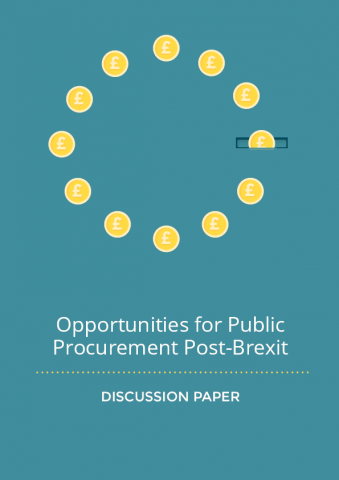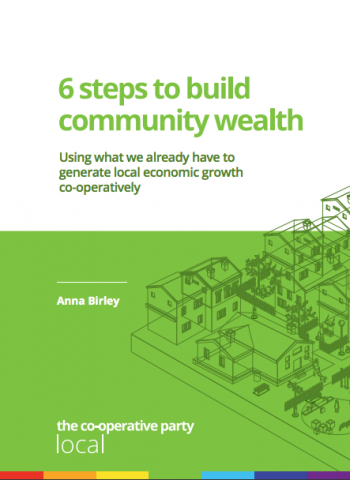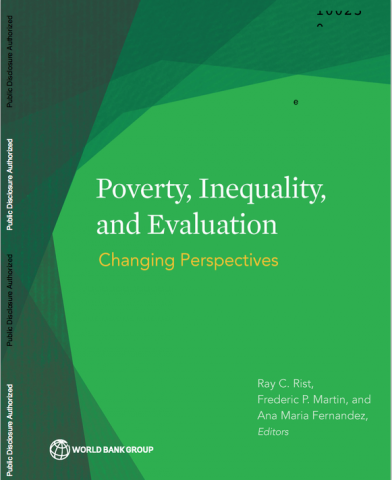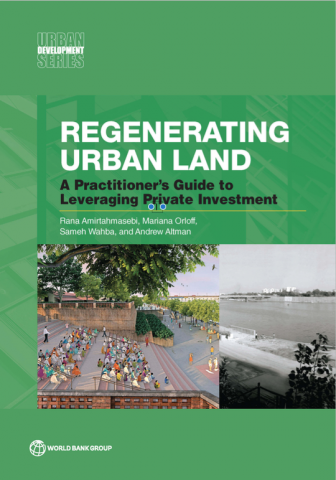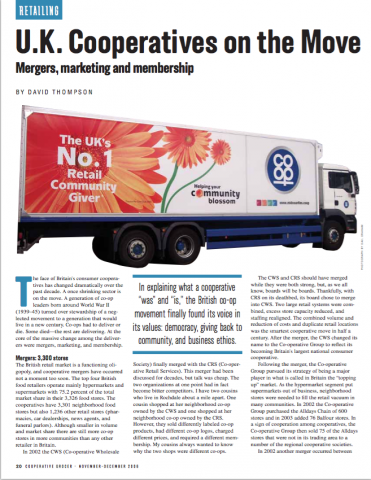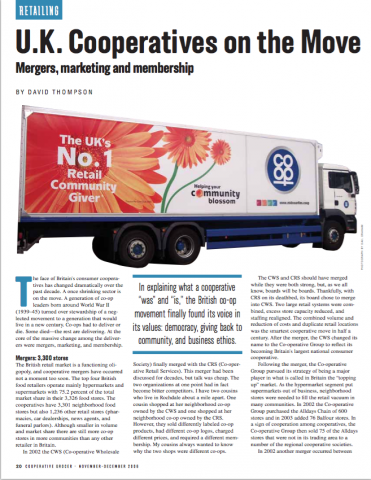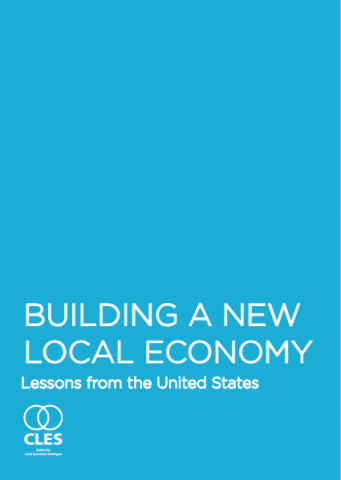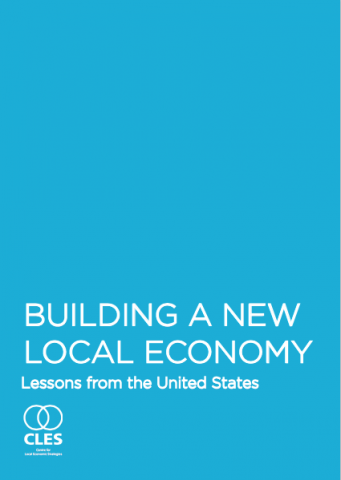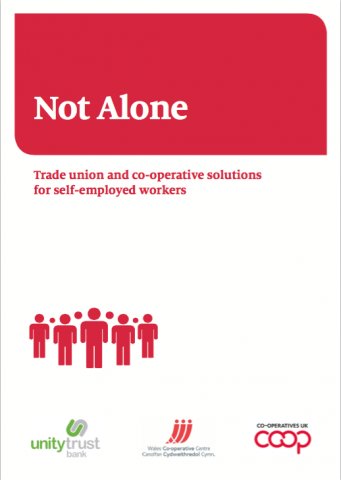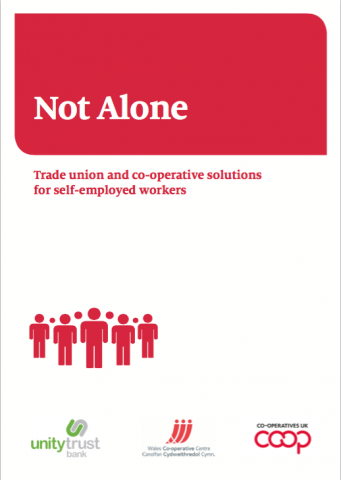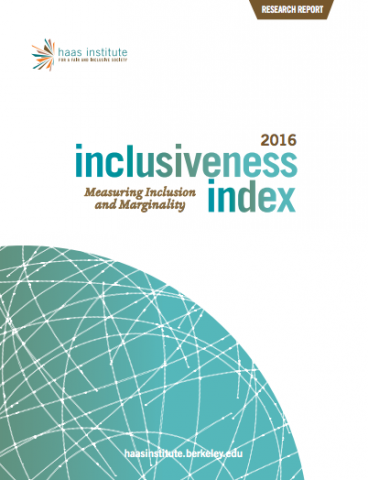This report published by the Centre for Local Economic Strategies (CLES), a UK-based think tank focused on progressive economics, discusses the potential to leverage public spending to build community health. The authors detail how local anchor institutions in Manchester and Preston have already re-directed a significant portion of their procurement to local businesses. The report includes recommendations for scaling this approach across the UK, calling for revised legislation that integrates the economic, social, and environmental value of procurement into public purchasing guidelines.
